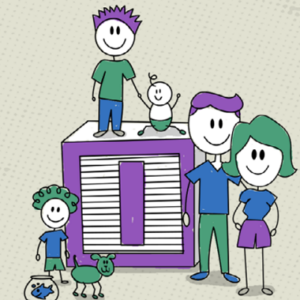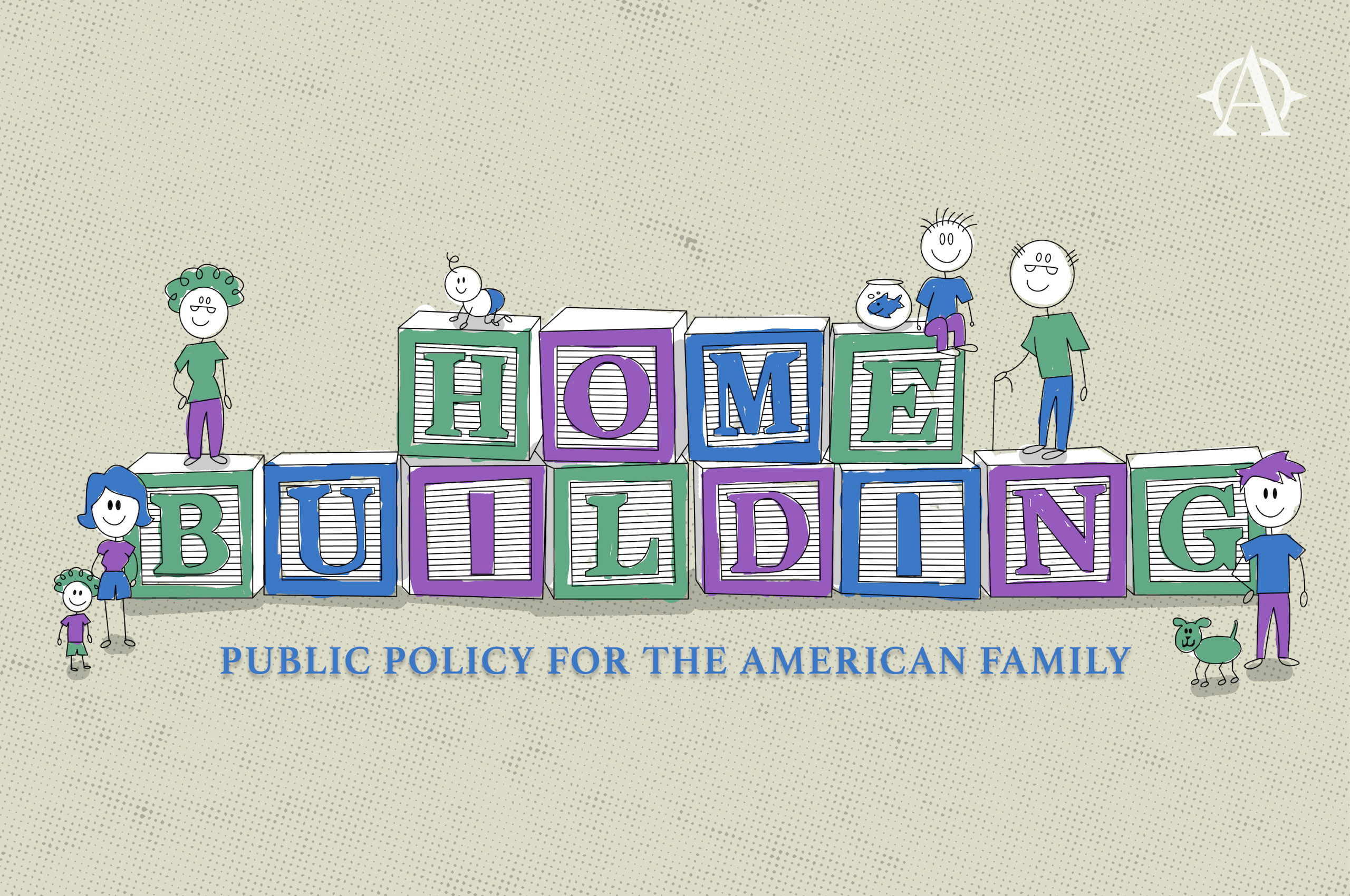

Myth: Improving the CTC means increasing welfare.
Fact: Conservatives criticize a program as “welfare” when it grants benefits regardless of work or, worse still, if recipients lose the benefit when they begin working. Conversely, if a policy requires work and rewards work, it squarely advances core conservative values. The reformed Child Tax Credit (CTC) would pay no benefit to a household disconnected from work, and it would increase the benefit as income rises. That’s not “welfare,” it’s conservative family policy.
Myth: The per-child phase-in discourages work.
Fact: The per-child phase-in increases the incentive to enter the workforce. By making the full value of the CTC earnable through work more quickly, each additional dollar earned by a low-income worker puts more money in his or her pocket. The value of entering (or re-entering) the workforce is greater. Even opponents of this deal concede this point! All told, the Joint Committee on Taxation estimates the Tax Relief for American Families and Workers Act (TRAFWA) will not reduce labor supply at all.
Myth: The “lookback” provision discourages work.
Fact: Critics allege that allowing filers to choose between this year or last year’s income will encourage parents to game the system, choosing to take a year off from work and still enjoy their CTC. Numerous analysts have shown how ridiculous this “In N’ Out” argument is. Lawmakers understand that their constituents who work depend on their earned income to support their families. Arguing that hundreds of thousands of families already living paycheck to paycheck will plan to take a year off is divorced from reality.
Myth: Improving the CTC is a Democrat win and a Republican concession.
Fact: Conservatives have always led on the CTC, and this deal too is a win for conservative principles. An attempt by progressives to twist the CTC into a permanent unconditional welfare program during the COVID pandemic was so unpopular that even a Democrat-controlled Congress couldn’t maintain it. Conservatives understand that Americans reject a policy of unconditional giveaways, while increasing the reward for work is widely popular. This deal defeats the progressive goal of sending checks disconnected from work, instead rewarding work.
Myth: CTC refunds will be issued in the fall of 2024 to help Biden win the election.
Fact: Under the proposed deal, tax refunds will go out as normal in the spring and summer, after Americans file their returns. Nor is there is any special, separate CTC refund—any CTC-related amounts will be included as part of Americans’ normal refunds. No wonder top GOP lawmakers dismiss this rumor out of hand.
Myth: The tax deal makes the CTC too generous.
Fact: Runaway inflation has squeezed American families and slashed the real value of the CTC. If the CTC had been indexed to inflation since 2017, it would now be worth over $2,500 per child instead of $2,000.1According to the U.S. Bureau of Labor Static’s CPI Inflation Calculator, $2,000 in January 2017 had the same buying power as $2,526.33 in December 2023. TRAFWA doesn’t even fully restore that value. But by at least indexing the CTC to inflation going forward, it protects working families from losing ground again.
Myth: The tax deal expands welfare for illegal immigrants.
Fact: The 2017 Trump tax cuts tightened the rules on CTC payments, insisting that qualifying children have a Social Security Number. This outraged progressives—and cut improper payments by half. The CTC is now more protected against improper payments to non-citizens than most federal credits. TRAFWA keeps these GOP-won protections in place. The only real solution to the problem of illegal immigration is the obvious: enforcing immigration law.
Myth: Changes to the CTC “weaken family and marriage.”
Fact: Half of working-class, parenting-age Americans are having fewer children than they want. Their most common reason, by a 3-to-1 margin, is that they worry they cannot afford more. An economy that makes raising a family too costly is by definition anti-family. No wonder most Americans who identify as very conservative think families need more financial support, and numerous pro-life and pro-family organizations support this tax deal. The per-child phase-in also removes a longstanding penalty for large families—a major pro-family win.
Recommended Reading
Putting the Money Where the Working Families Are
If conservatives want to lead on family policy, they have to be willing to fight for it
The Family Income Supplemental Credit
This paper presents the case for a per-child family benefit that would operate as a form of reciprocal social insurance paid only to working families.
Home Building Survey Part I: State of the American Family
Across all classes and regardless of parental status, 60 to 75% of Americans say that the government should do more to support families.
Home Building Survey Part II: Supporting Families
American attitudes about family structure vary widely, but most families see a full-time earner and a stay-at-home parent as the ideal arrangement for raising young children.












